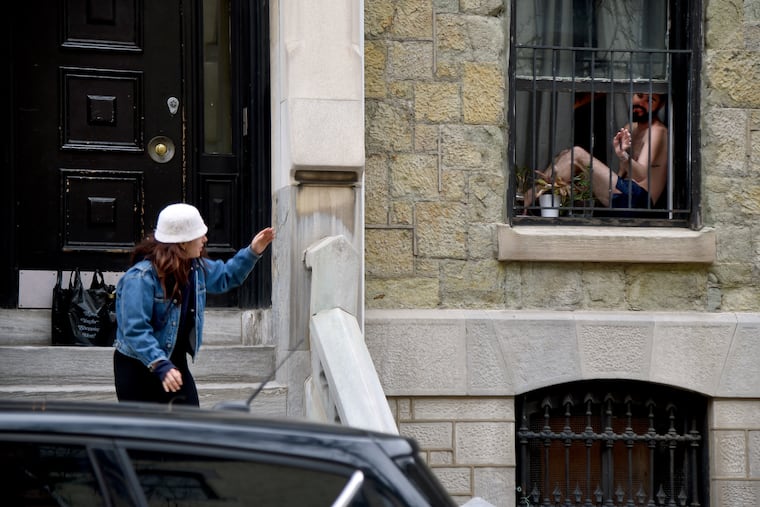What to know about the 14-day quarantine requirement for New Jersey, New York, and Connecticut
The requirement applies to visitors from — or residents returning from — Alabama, Arkansas, Arizona, Florida, South Carolina, North Carolina, Utah, and Texas.

The governors of New Jersey, New York, and Connecticut are requiring a 14-day quarantine for anyone traveling into their states from areas with a high level of community spread of the coronavirus.
As the United States continues to reopen its economy, the country’s daily new case totals remain stubbornly high.
The three states announcing the quarantine were particularly hard hit by the coronavirus early in the pandemic and are attempting to prevent future spikes as their infection rates decline.
But what exactly does this new order mean, and how will it be enforced?
When does the quarantine go into effect?
The first restrictions went into place June 25, and states affected have been added or removed as infection rates improve or worsen.
What qualifies as ‘an area with a high level of community spread'?
The quarantine applies to people arriving to New Jersey, New York, or Connecticut from states where the rolling seven-day average of new cases is at 10 or more people per 100,000, or 10% of those tested are positive.
New York, New Jersey, and Connecticut will continually update and publish on their websites a list of states to which the new advisory applies.
The quarantine applies to both visitors and residents of New Jersey, New York, and Connecticut.
What if I have to travel to one of the states for work?
People who live in New Jersey but work in Delaware, which has been designated as a high-risk, quarantine-required state at times, may be worried. However, the states have offered exemptions for essential workers in transient jobs, like truck drivers and airline workers, and residents traveling to impacted states for business. Still, officials are encouraging those who can to postpone the travel or work from home.
“Individuals traveling for business should still consider postponing travel to the extent possible. Individuals are encouraged to self-monitor for symptoms upon return from any travel to an impacted state, and employers should consider screening employees for symptoms before permitting them to return to work,” a spokesperson for Murphy’s office said.
How will this be enforced?
Enforcement appears mostly to be on the individual.
“The tri-state measure will focus on personal responsibility using uniform parameters and messaging on highways, airports, websites and social media across the three states,” the governors said in a news release. Hotels will also be asked to communicate the 14-day quarantine to guests who have traveled from one of the impacted states.
Gov. Phil Murphy said that New Jersey would not be setting up checkpoints along the state’s borders but that the Department of Health would pursue cases of noncompliance if it become aware of them.
Murphy did not directly answer whether violators would face fines.
In New York, Gov. Andrew Cuomo said violators could face a judicial order that could include mandatory quarantine and fines of up to $10,000. People would not be barred from entering at state borders, Cuomo said, but would be asked to quarantine once they arrive.
What qualifies as “self-quarantine” and where must it take place?
Self-quarantine means staying home and not having visitors for 14 days, which provides enough time for people to know whether they will become ill and be contagious to others. The quarantine must begin as soon as the person arrives.
Murphy also urged residents to get tested for the virus before entering the state, though it is not a requirement.
How long will the quarantine rule be in effect?
The governors didn’t say how long the requirement would be in place.
» READ MORE: What are we supposed to do about public bathrooms?
Why did the governors make this requirement?
Many states are seeing their coronavirus case numbers skyrocket. After their states were hit hard by the virus, the three governors say they are trying to prevent a resurgence of cases.
“Our three states are among only four listed as being close to containing this virus,” Murphy said during a press briefing. “We’ve gotten to where we are through shared sacrifice.”
“We welcome everyone to New Jersey, but we simply ask you to join us in our shared sacrifice to keep ourselves moving in the right direction,” Murphy said.
Staff writer Allison Steele contributed to this article.